So the story goes….”This mad labour unionist of the 1890’s called William Lane, disgruntled with the lack of progress resulting from the Barcaldine shearers strikes of ‘91, convinces a bunch of people to leave Australia to set up a “New” Australia deep in the jungles of Paraguay…"
It started as a small anecdote in a book about Australian larrikins which I’d found in the State Library of WA back in 2006. The sort of book I was oddly fascinated with back then in my 20’s as I grappled with my own identity living in the most isolated capital city in the world (Perth).
The anecdote was simple and did not reveal much more than that, but it was enough to spark a flame of curiosity in a young songwriter looking for a subject to write about.
Listen here:
The Australia Council (now known as Creative Australia) loved the idea and with their backing, I released Fletch’s Anecdote in 2008 - an opaque exploration into the “New Australia’ story through 12 alt-folk songs. I say opaque because this is not a faithful retelling of Lane’s odyssey, but more an extraction of stories, both real and imagined, of personalities and of recollections of William Lane and those who followed his Utopian dreams.
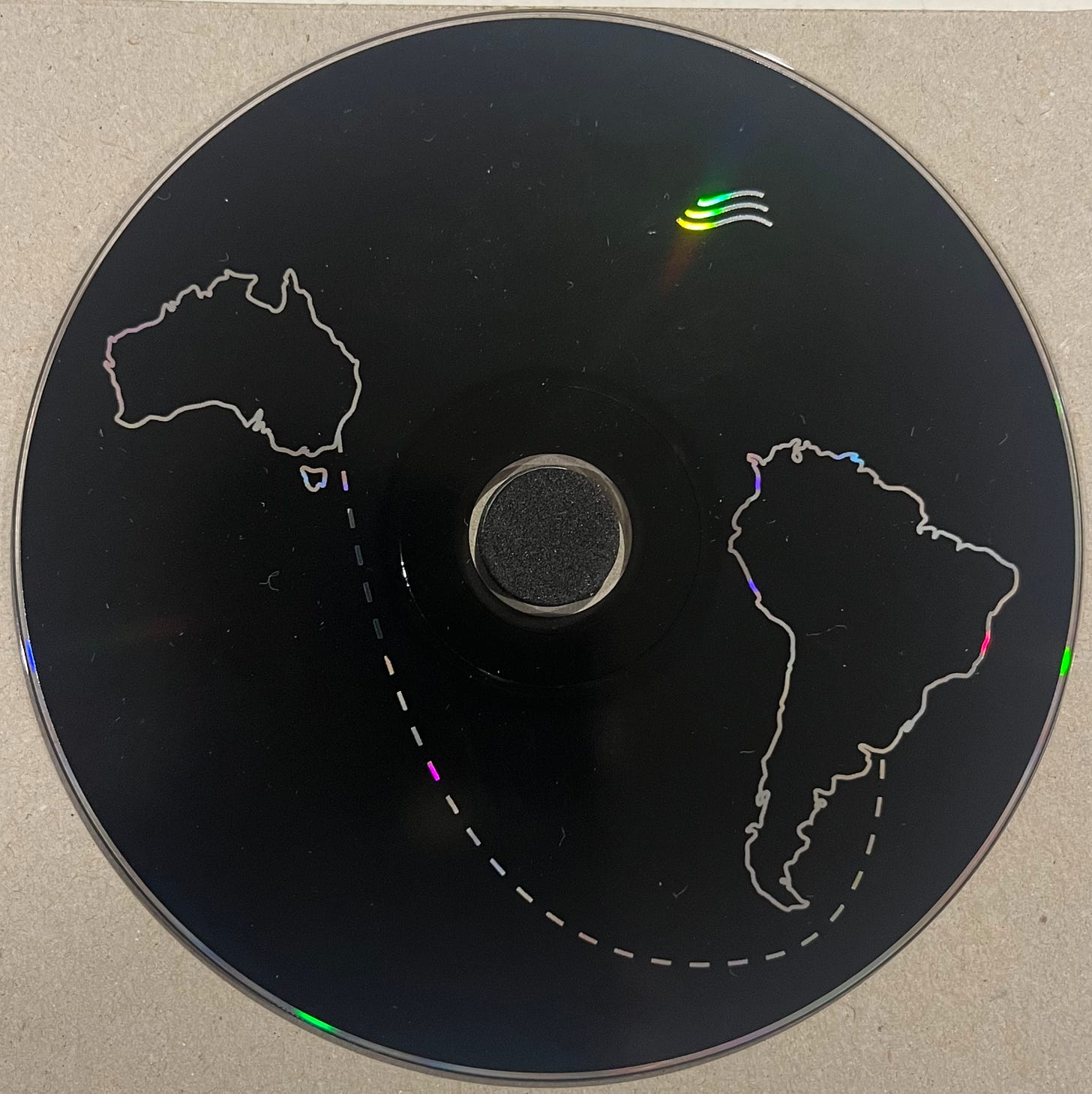
In the end, Lane’s social experiment was a failure.“New Australia” fell apart quickly in part due to the rule of temperance and not having sexual relations with the native Paraguayans. It was a recipe for disaster and not entirely unexpected. Overall, it was such a failure that William Lane eventually evolved from a hard left political journalist to a hard right “Royal” by the time he died in 1917.

As you can hear, this story is fodder for lyrical experimentalism and explorations into the pre-Federation Australian identity.
For example, Australia itself is the protagonist in the song ‘Noplacia’, warning them that this utopia they seek simply doesn’t exist…
I’m still young
And you ain’t been here long
But you’ll learn to love me
If you would stay and hear my song
“Big Water” plays with the idea that the New Australians were in a land locked country where frequent flooding would ruin their crops. Back home people used to joke that the they were having to revert to cannibalism to survive….
Monkey stew and a monkey snack
Too hard to kill and too hard to catch
Big hunger and the thirst
Watch my weight and I watch my back
Big water in a hole
Don’t trust myself so don’t trust a soul
Big flesh on the bone
Fattest man takes a trip to the stove
In the song ‘Temperance’ I wanted to highlight the notion that a new society could be built on banning alcohol when rum had been its own currency. This was more than 100 years before #dryjuly. Could Australians, new or otherwise, really give up the drink?!
I’d be paradise’s fool
if I followed all the rules
only with my white rum will I get my reverence
I aint gonna stop
Not ‘til the last drop
It's as I’ve always said
moderation in temperance
The song ‘Side of the Road’ alludes to John Lane (William’s brother) and his bicycle trip in 1901 around East Australia to recruit more people to settle in Paraguay, even though the community was already falling apart by then.
Out on the side of the road
Could sell the jungle to the driest sand
Out in the pouring sun
I caught me a rain drop
It’s just a bead of sweat
no more no less
It’s always interesting listening back to old pieces of myself - which is basically what any album is.
There are moments of beauty on this album, like the haunting “Little Ghost” with Lucky Oceans playing lap steel and my delicate vocals (I am a bit gruff on other songs, I suppose I was actively trying to avoid creating pop music).
The tense energy of “Sunsets and Death” took me by surprise on listening back. With a full flute and E-bow arrangement, the song tells of the deaths of three New Australians and it ends with One-Armed Larry taking a stick of dynamite to heaven and blowing up Paradise.
I love how the songs themselves delve into interesting and true stories about ideals, ambition and failure. There is a lot hidden in the lyrics that is hard to understand without the full context (I can recommend Gavin Souter’s excellent book “A Peculiar People” - link to google book below), but for me there are little treasures that remind me of the process of researching, writing and recording this album.
And I am pretty proud of my guitar skills back then too, I daresay I sound better then than I do now. Rob Grant did a great job capturing a bold sound and there is some great fingerpicking in there (“Royals and Rebels”).
Thanks again to Lucky Oceans for his smooth slide skills and to Dan DiPaola for some epic drums and percussion, especially on “Big Water”. Phil Waldron beautifully played most of the double bass, but it was lovely to have Matt Willis once again playing. Thanks guys.
Thanks also to Lucky for featuring the album on The Daily Planet (ABC Radio National) and to Dave Cutbush at RTR fm for spinning some tracks on Out to Lunch, especially that moment he played “Big Water” during a massive afternoon Perth storm. A Perthect moment.
We launched the album at Fremantle Arts Center in late 2008 with Andrew Weir playing his weirdly wonderful solo cover set on electric guitar.
I think if I were to write this album now, the songs would be wholly different. Cold Ghost would certainly approach vocals and harmonies in different ways as well as adopt a more subtle post-production and sound design.
Now there is an interesting idea… if Cold Ghost were to write about William Lane and New Australia… what do you think Creative Australia??!!
Rob Grant - co-produced, engineered & mastered @Poonshead studios, Fremantle, Australia
Artwork by Heath ProperJohn and Cindy Campbell
Assisted by Australia Council for the Arts
https://www.google.com.au/books/edition/A_Peculiar_People/jtDD5GxljO4C?hl=en&gbpv=1&printsec=frontcover


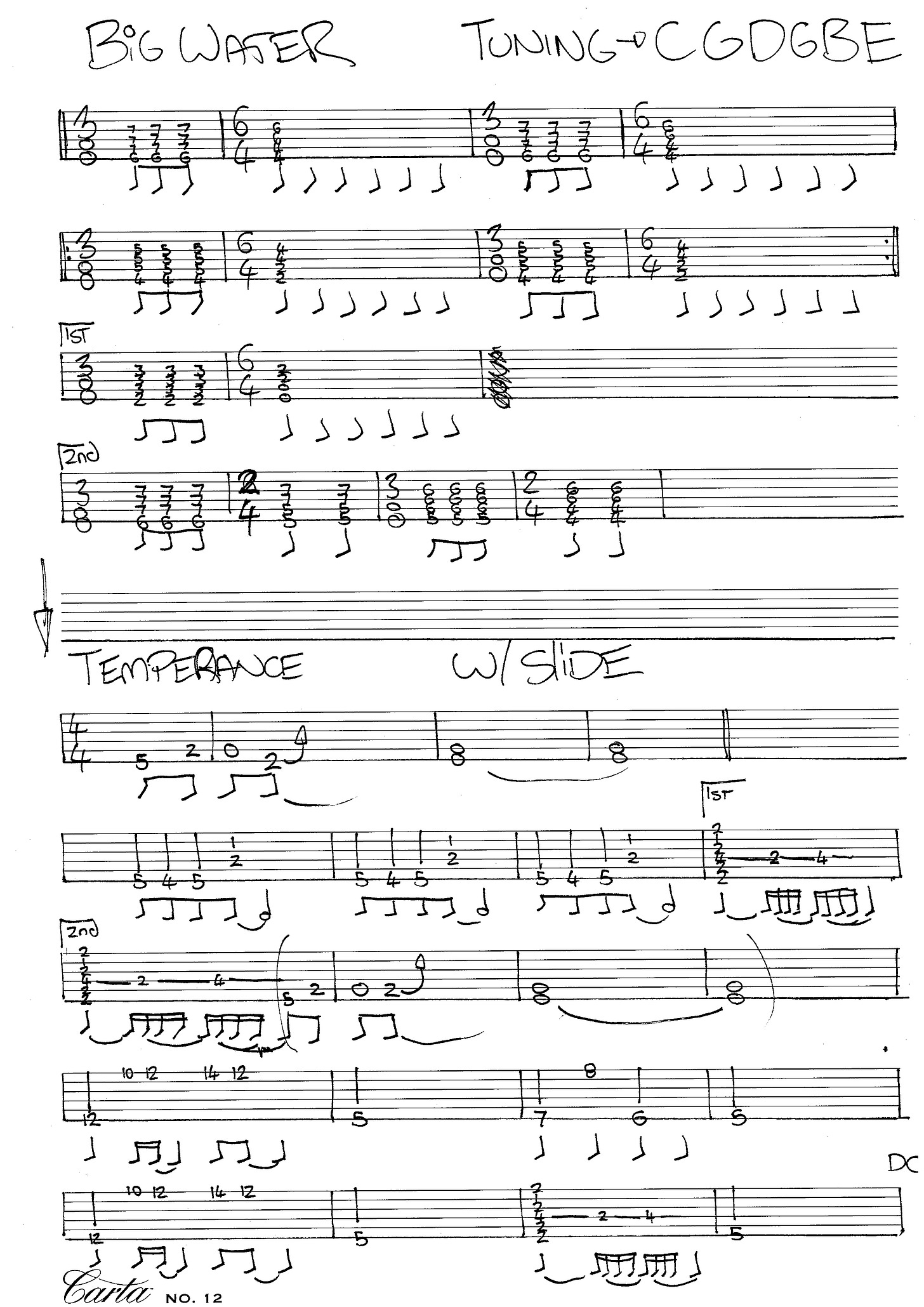
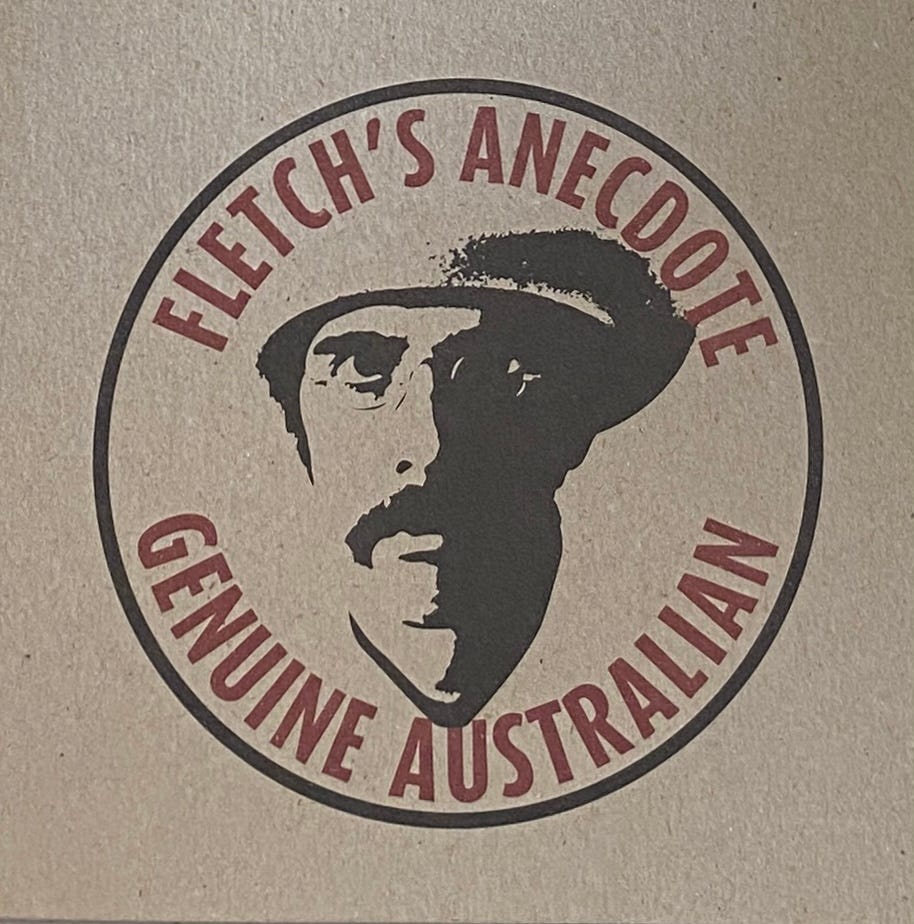
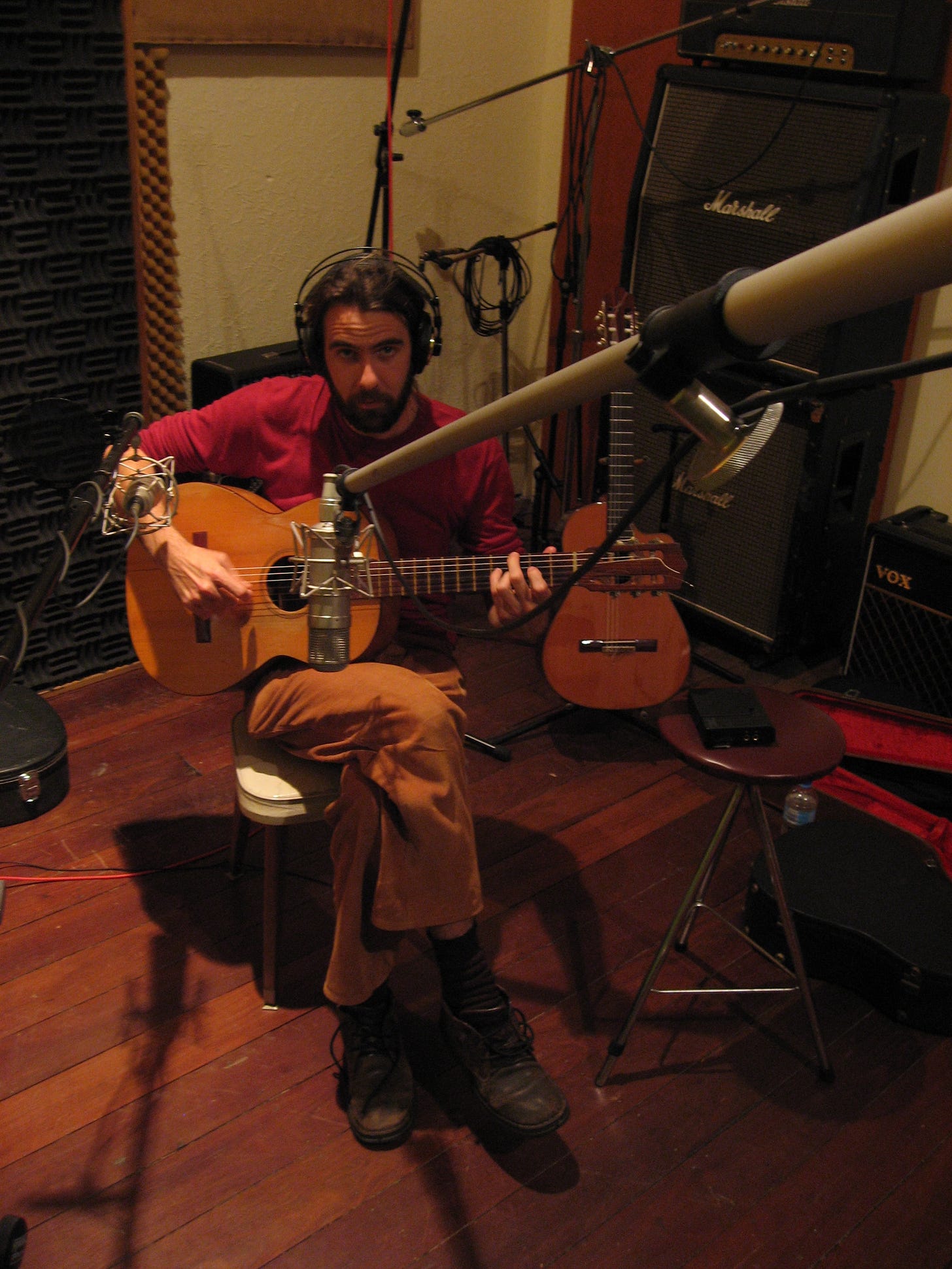


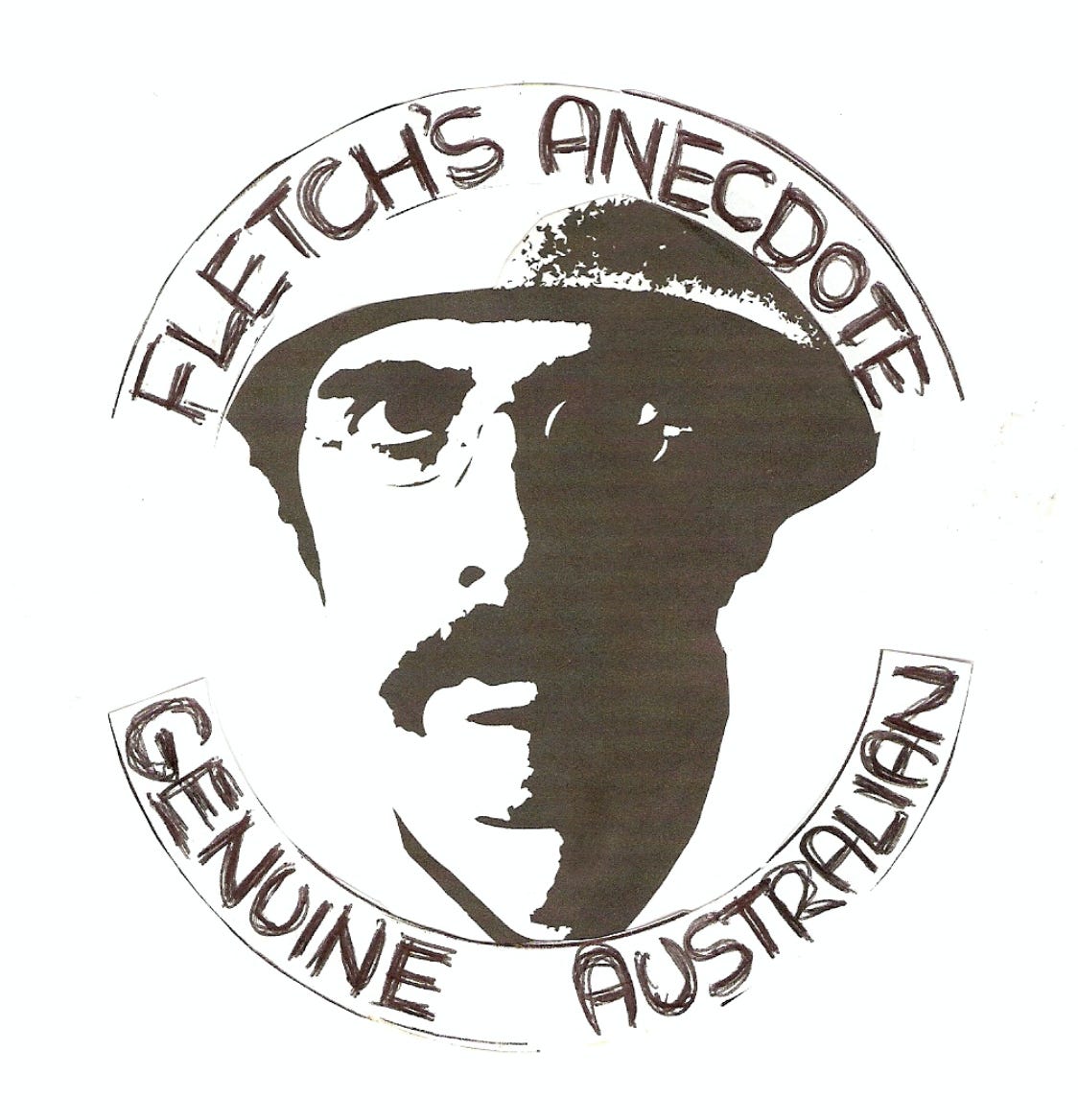

It really is an amazing excerpt of history - it pops up in the media randomly but regularly, someone, somewhere learning of it for the first time .. I vaguely remember an Australian TV current affairs report of Paraguayans with red hair and freckles generations down the line https://www.australiangeographic.com.au/topics/history-culture/2012/07/the-new-australians-of-south-america/